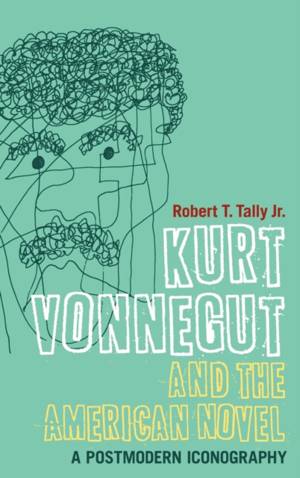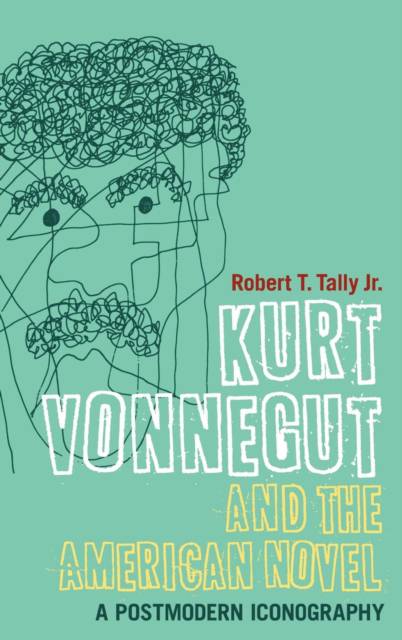
- Afhalen na 1 uur in een winkel met voorraad
- Gratis thuislevering in België vanaf € 30
- Ruim aanbod met 7 miljoen producten
- Afhalen na 1 uur in een winkel met voorraad
- Gratis thuislevering in België vanaf € 30
- Ruim aanbod met 7 miljoen producten
Zoeken
€ 296,95
+ 593 punten
Uitvoering
Omschrijving
The novels of Kurt Vonnegut depict a profoundly absurd and distinctly postmodern world. But in this critical study, Robert Tally argues that Vonnegut himself is actually a modernist, who is less interested in indulging in the free play of signifiers than in attempting to construct a model that could encompass the American experience at the end of the twentieth century. As a modernist wrestling with a postmodern condition, Vonnegut makes use of diverse and sometimes eccentric narrative techniques (such as metafiction, collage, and temporal slippages) to project a comprehensive vision of life in the United States. Vonnegut's novels thus become experiments in making sense of the radical transformations of self and society during that curious, unstable period called, perhaps ironically, the American Century.' An untimely figure, Vonnegut develops a postmodern iconography of American civilization while simultaneously acknowledging the impossibility of a truly comprehensive representation.
Specificaties
Betrokkenen
- Auteur(s):
- Uitgeverij:
Inhoud
- Aantal bladzijden:
- 208
- Taal:
- Engels
- Reeks:
Eigenschappen
- Productcode (EAN):
- 9781441164452
- Verschijningsdatum:
- 13/10/2011
- Uitvoering:
- Hardcover
- Formaat:
- Genaaid
- Afmetingen:
- 156 mm x 234 mm
- Gewicht:
- 467 g

Alleen bij Standaard Boekhandel
+ 593 punten op je klantenkaart van Standaard Boekhandel
Beoordelingen
We publiceren alleen reviews die voldoen aan de voorwaarden voor reviews. Bekijk onze voorwaarden voor reviews.











